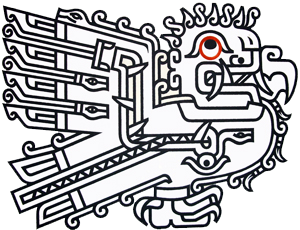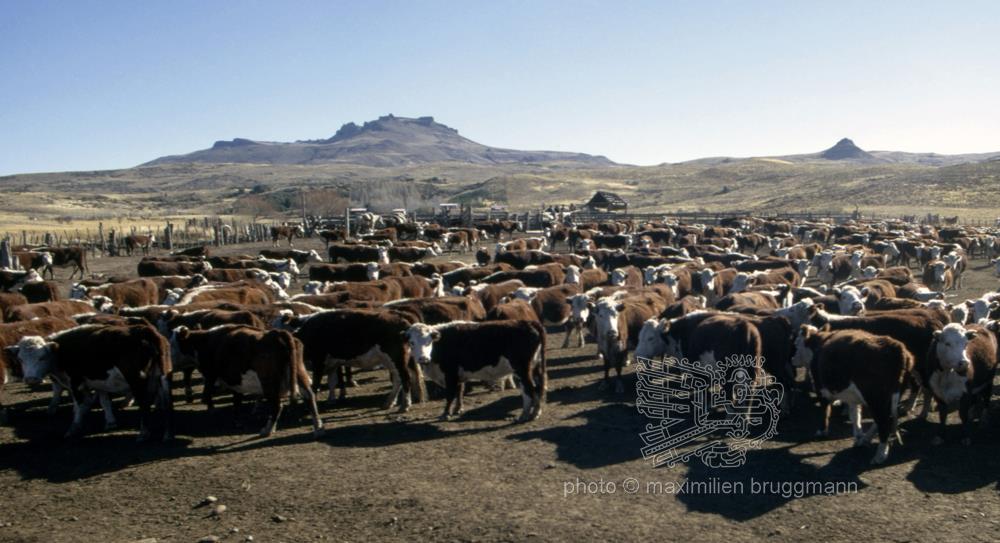Description
Cows from the Palitué estancia (province of Neuquén), which have just given birth to their young, are gathered in the corral. The gauchos will soon make their appearance in order to carry out work of the utmost importance. It is a matter of separating the heifers from their mothers, which is not without its difficulties. Then the cows are taken back by the gauchos to their respective pastures where they will eventually gain the necessary weight. To achieve this, they need to be perfectly quiet, hence the cruel necessity to take their offspring away from them. The pastures are chosen for the quality of their grass. Finally, the cows are sent by truck to the slaughterhouses and the meat is kept in the capital's refrigerators. These measures are justified by the fact that Argentines have a predominantly meat diet. But it should also be pointed out that the production and sale of meat abroad is one of the main economic activities of the Argentine nation. - 1973





